Do you have one (or several!) of those kids just itching to be future marine scientists? It’s time to take the beach day up one more notch. Here are some citizen science projects that will definitely be lots of fun for the whole family. Trust me … they’re free and easy!
Field Photo: The Field Photo App allows you take photos during your trips to the beach (or even field trips) and geotag them and add metadata and field notes to the photos. The field photos are then uploaded where people share, visualize and archive field photos that document land use and land cover change, flood, drought, fire, and so on.
Great Eggcase Hunt Project: The Great Eggcase Hunt aims to get as many people as possible hunting for eggcases that have either been washed ashore (or are found by divers and snorkelers underwater). The empty eggcases (or mermaid’s purses) are an easily accessible source of information on the whereabouts of potential nursery grounds and will provide the Trust with a better understanding of species abundance and distribution. While it originated in the UK over a decade ago, The Shark Trust has been collecting data in the US since 2003.
Jellywatch: Have you seen a jellyfish, red tide, a squid, or other unusual marine life recently? If so, tell them about it! Marine biologists need your help to develop a better understanding of the ocean. You can help us even more by submitting a picture of what you saw!
Marine Debris Tracker: The simple tool allows users to report the type of debris and its location through GPS features pre-installed on a cell phone. (Check out this list of apps for the beach, too!)
Osprey Watch: OspreyWatch is a global community of observers focused on documenting breeding osprey. There is no charge to participate and we welcome new volunteers to the program.
Ringed-Billed Gulls: In 2013, researchers from MIT and the Massachusetts Department of Conservation and Recreation started using the same scheme as the project originators in Canada using blue or red plastic bands and 3 codes to band ring-billed sea gulls. Nearly 700 birds have been marked.
If you observed one of these banded gulls, you can report your sighting using an online form.
Secchi Dip-In: The Secchi Dip-In is a demonstration of the potential of volunteers to monitor and gather environmentally important information on our lakes, rivers and estuaries. The concept of the Dip-In is simple: individuals in volunteer monitoring programs take a transparency measurement on one day during the month of July (but, they accept data after the deadline as well).
Wildlife Health Event Reporter: The Wildlife Health Event Reporter allows you to observe and record events that may identify important changes in the environment. It’s an experimental tool that hopes to harness the power of the many eyes of the public to better detect these changes.
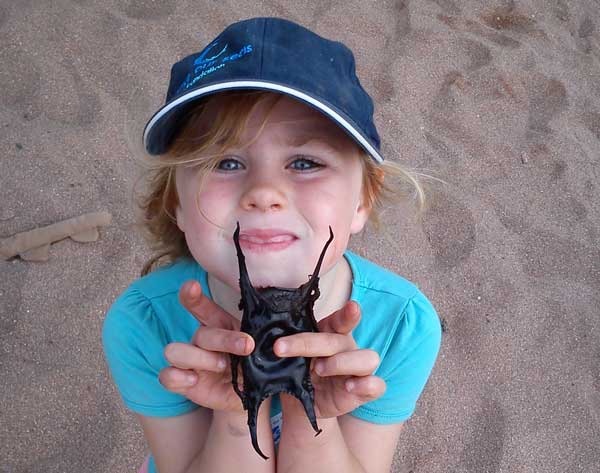
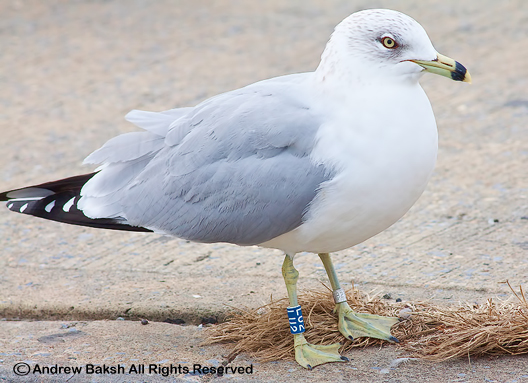

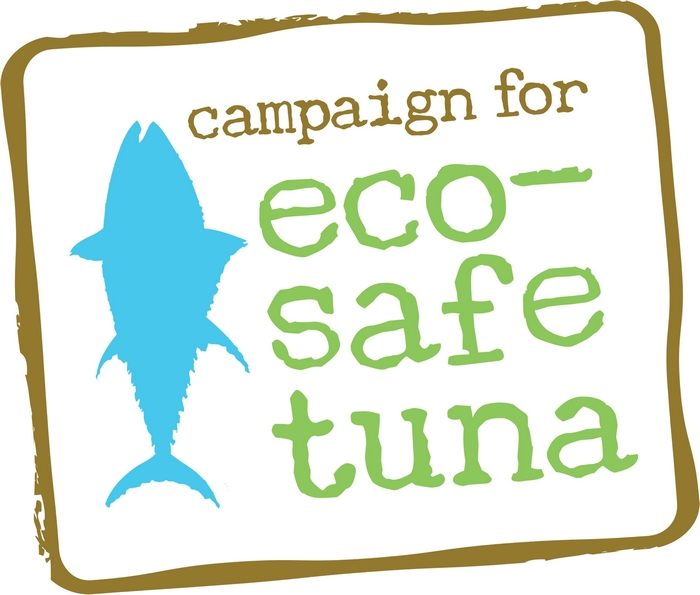


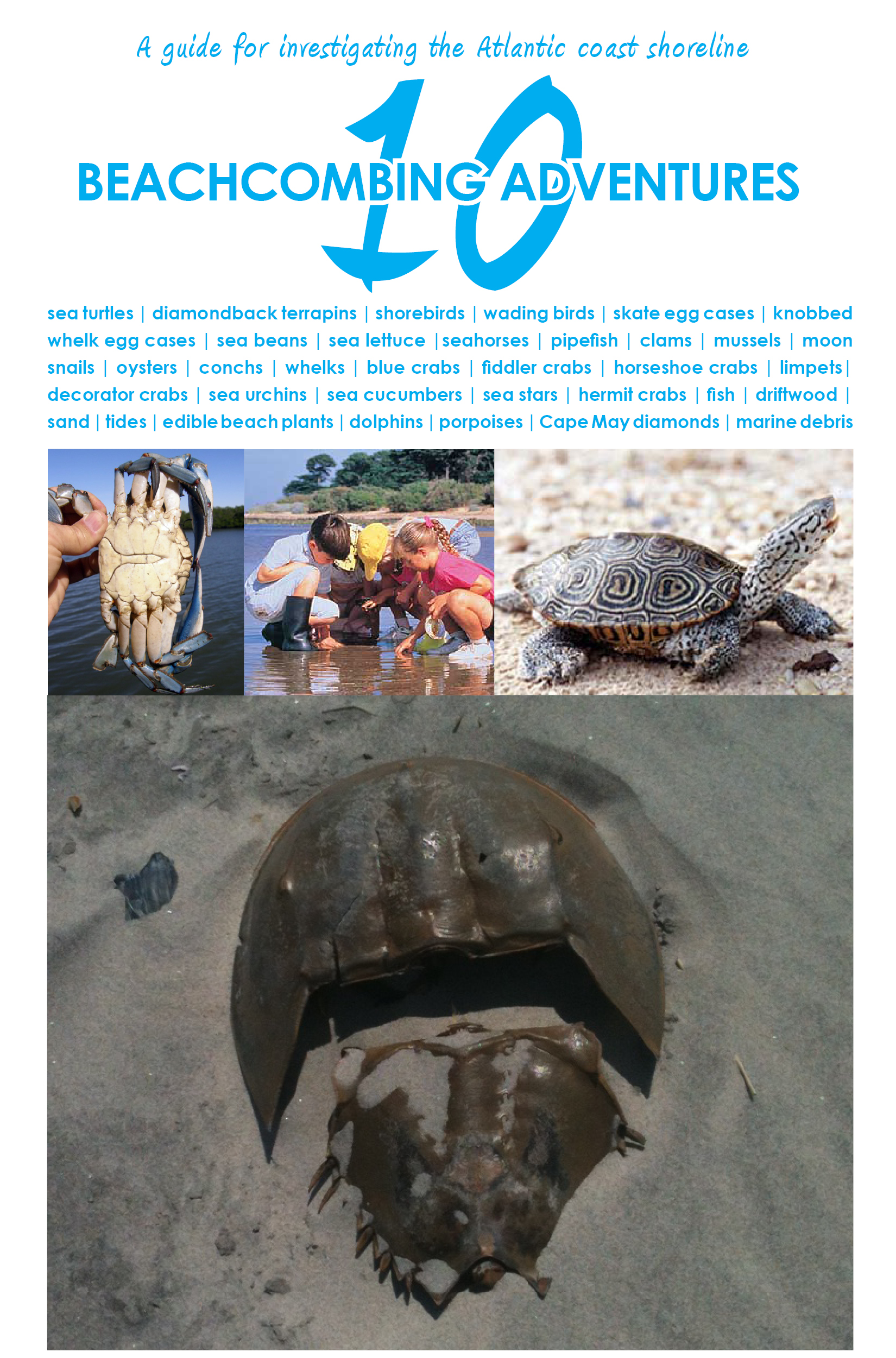
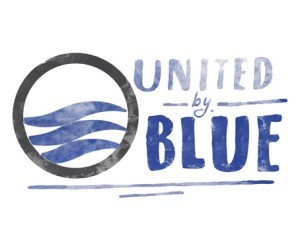
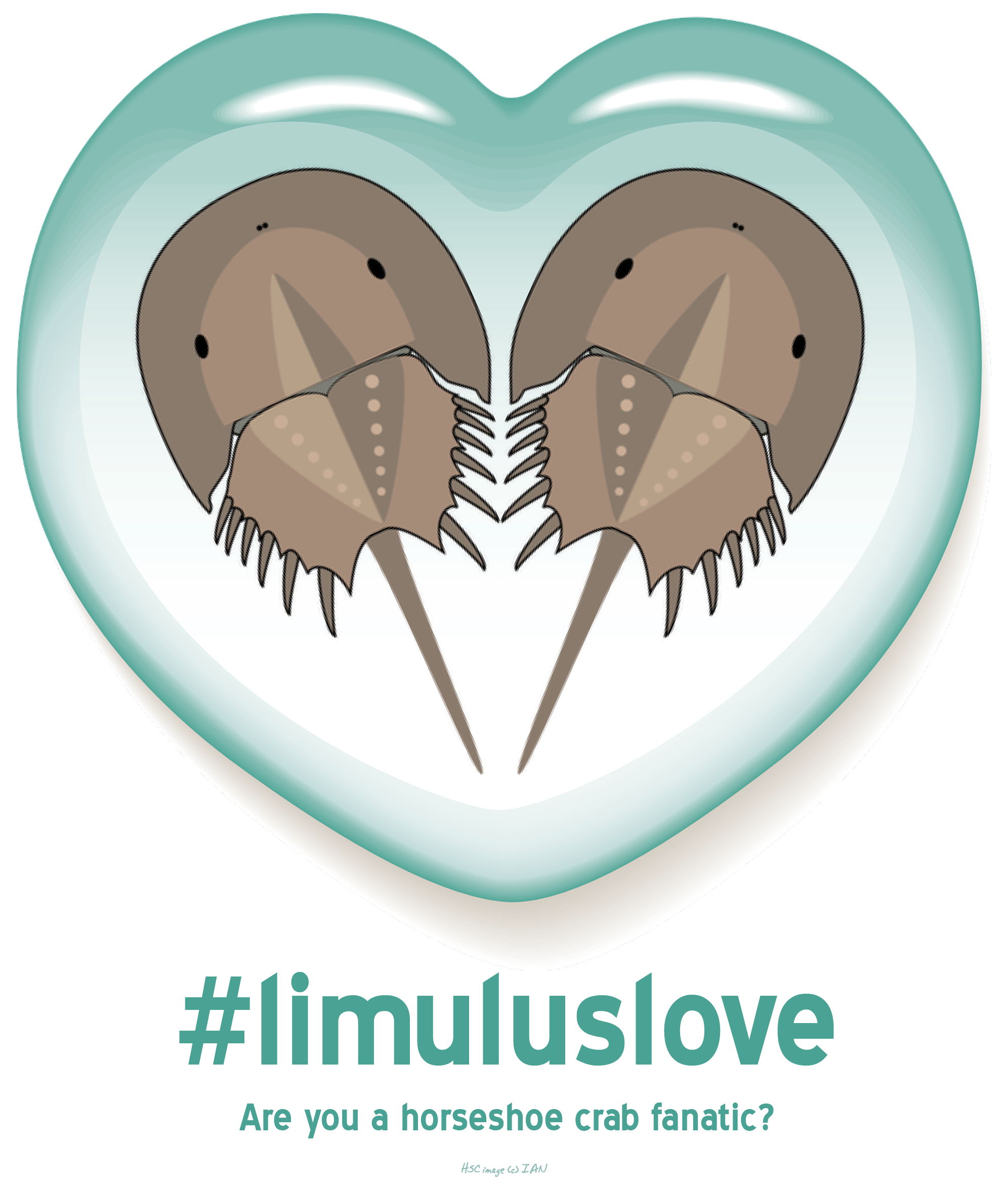
Speak Your Mind